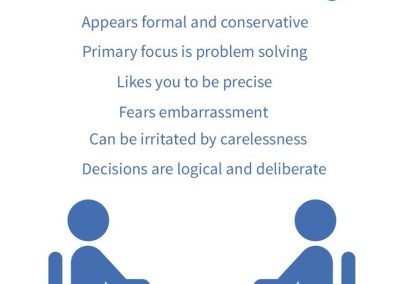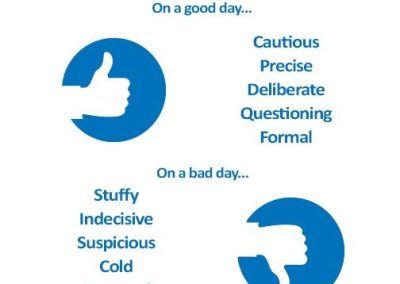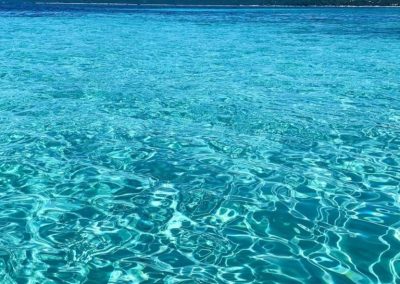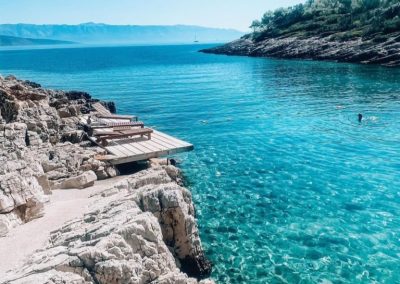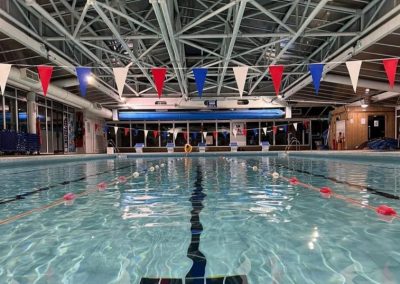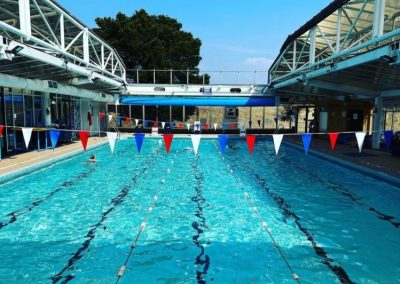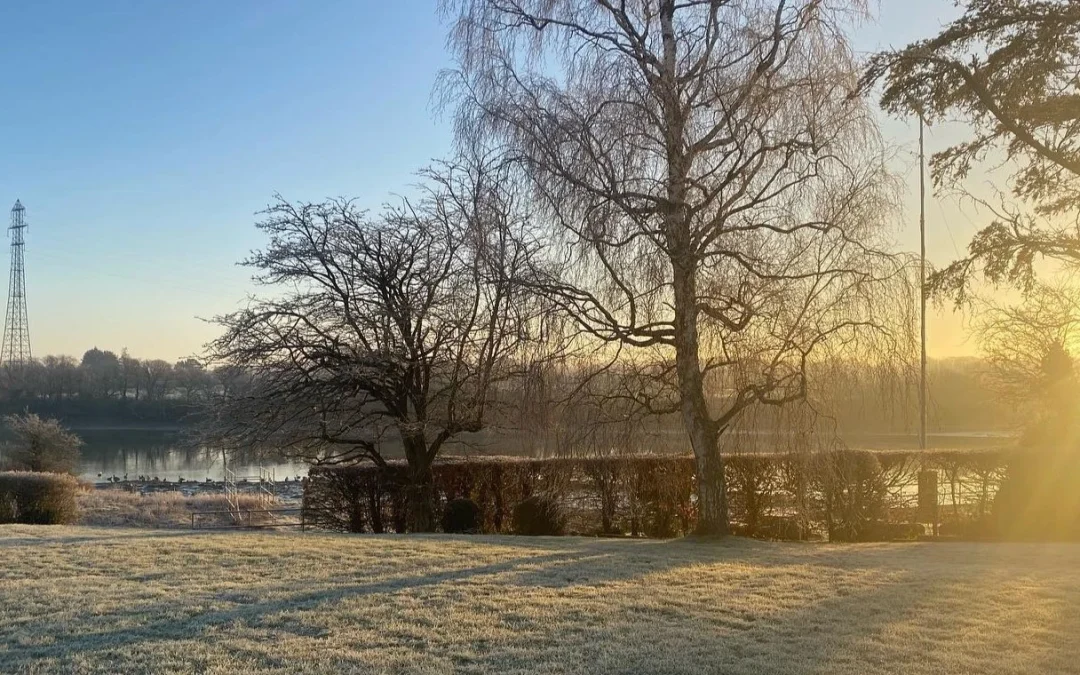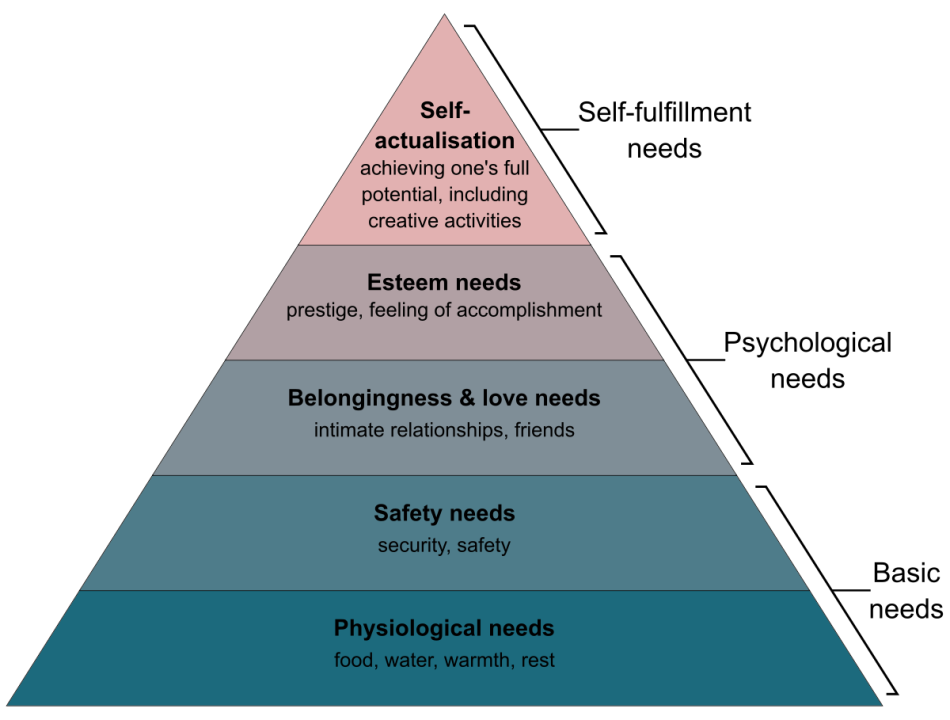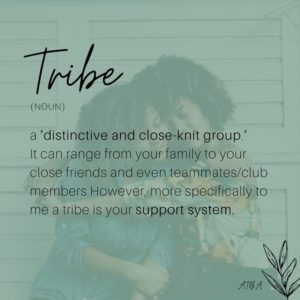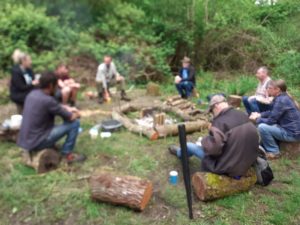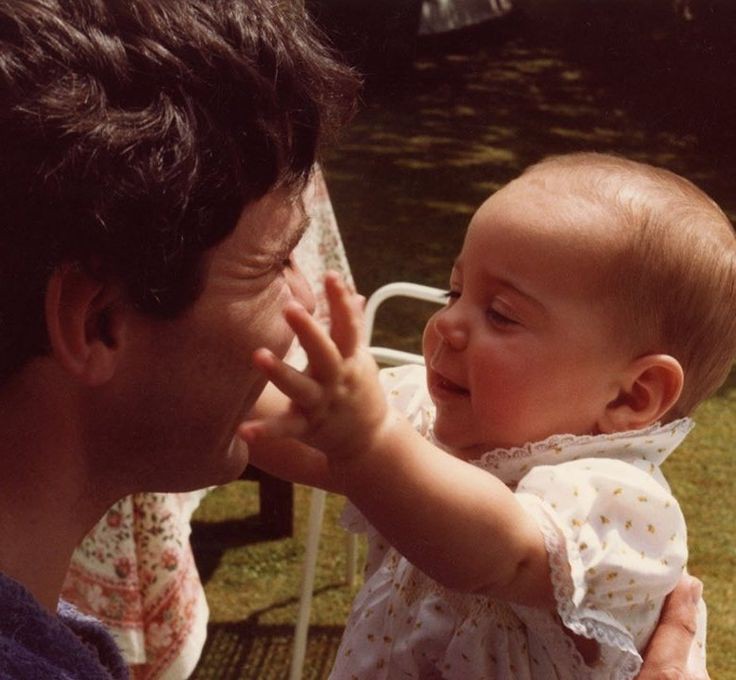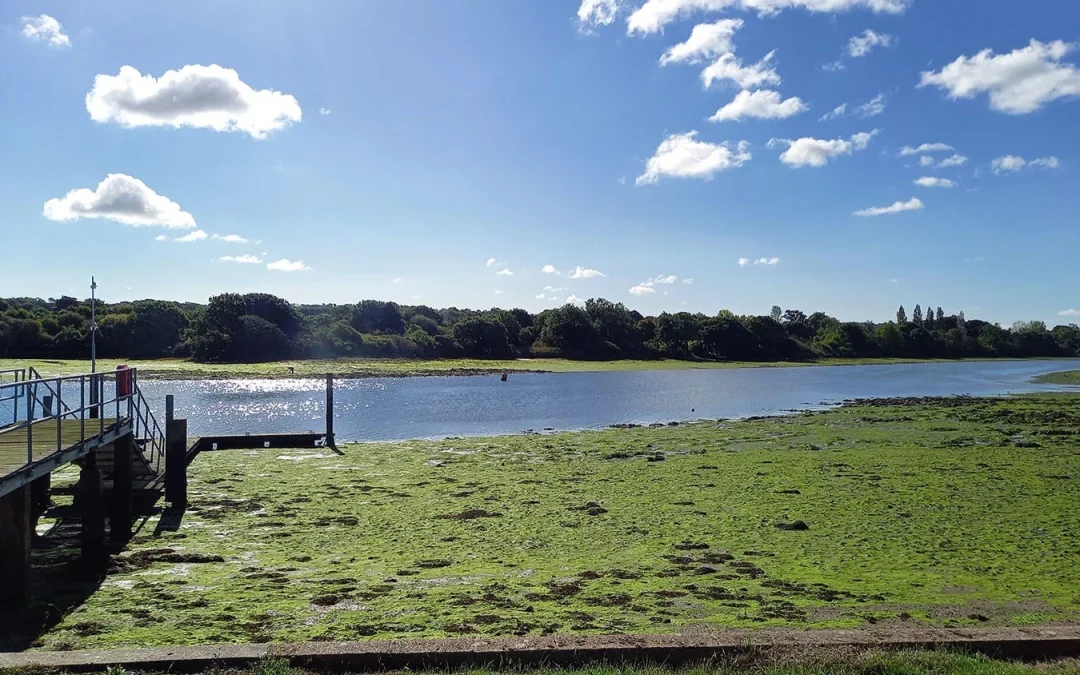
Blue Personalities | Grief | Blue Water Spaces
Welcome back to Inside Isorropia. It’s been a glorious start to September thank goodness. I think we all feel so much happier when we are able to get outside and feel the warmth on our skin. It was somewhat unexpected, although I had mentioned in my previous post that an Indian summer would be nice. Did you know that strictly speaking, an Indian summer is actually only classed as such if it occurs after the first frost? So, it turns out, it was just a short spell of unseasonably warm weather!! Nevertheless, it went some way towards making up for August which, generally speaking, was on the disappointing side for many.
September marks the anniversary of our first visit to the Medina Valley Centre. It seems impossible to believe that a whole year has passed since then. There have been lots of changes along the way but things have fallen nicely into place in recent weeks, with our members now able to access all workshops on the Wellbeing Programme here at MVC, travelling on our very own Isorropia Foundation Minibus! This is making such a huge difference to our member experience and also for the workshop facilitators who now spend less time travelling. By far and away the biggest benefit to this way of working is that our members get to enjoy and experience the beautiful surroundings and the peaceful ambience of our riverside setting. We are getting lots of very positive feedback on both the bus service and the new workshop setting
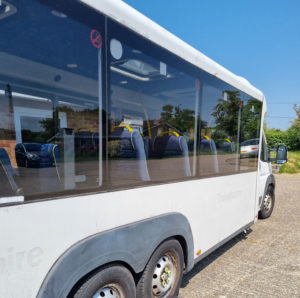
Awareness Days
Welcome back to Inside Isorropia. It’s been a glorious start to September thank goodness. I think we all feel so much happier when we are able to get outside and feel the warmth on our skin. It was somewhat unexpected, although I had mentioned in my previous post that an Indian summer would be nice. Did you know that strictly speaking, an Indian summer is actually only classed as such if it occurs after the first frost? So, it turns out, it was just a short spell of unseasonably warm weather!! Nevertheless, it went some way towards making up for August which, generally speaking, was on the disappointing side for many.
September marks the anniversary of our first visit to the Medina Valley Centre. It seems impossible to believe that a whole year has passed since then. There have been lots of changes along the way but things have fallen nicely into place in recent weeks, with our members now able to access all workshops on the Wellbeing Programme here at MVC, travelling on our very own Isorropia Foundation Minibus! This is making such a huge difference to our member experience and also for the workshop facilitators who now spend less time travelling. By far and away the biggest benefit to this way of working is that our members get to enjoy and experience the beautiful surroundings and the peaceful ambience of our riverside setting. We are getting lots of very positive feedback on both the bus service and the new workshop setting
“Grief is something all of us go through at some point in our lives and something that isn’t talked about enough. Whether that’s the loss of a family member, friend, loved one or even a pet.”Grief is something all of us go through at some point in our lives and something that isn’t talked about enough. Whether that’s the loss of a family member, friend, loved one or even a pet.
Throughout my life I have experienced grief in many different forms, relationships ending, loss of friendships, family breakdowns, losing my pets and death.
Before I came to work at Isorropia I worked in end of life care for many years and death and grief was something I dealt with daily and seeing the impact it has on people’s loved ones.
For me personally, I lost my Grandpa, my best friend when I was 10 years old, He was 83. I remember someone once telling me grief is a cycle and you come out the other side. This is something I’ve come to realise isn’t necessarily true. For me that grief will always be with me but it’s how I’ve learnt to live with that grief is what is important.
Grief isn’t a linear process, it’s messy, it takes time and it’s hard. It leaves you feeling lost, lonely, isolated and angry. This is absolutely valid. For me I go through that grief cycle regularly. There are some days where the pain is as if Grandpa had died yesterday and there are other days that it’s just a little niggle in the back of my head. One important thing I have learnt through out my journey with grief is that grief, although it is one of the hardest things, is also a blessing. Grief for me, shows how much I loved Grandpa, how much he loved me, the incredible impact he had on my life and how truly lucky I am to have had him. For me, this has really helped me to move forward while living with grief and realise while it never leaves me, my life is a whole heap richer for Grandpa and my life can still progress in a wonderful way.
One final thing I’ve found helps is to talk about Grandpa. Whether that be with Mum, Grandma or even to people who never knew him. This makes me feel like he’s still with me and keeps his memory alive even longer. Talk about the memories, the good ones and the bad ones, talk about how you are feeling or the stage of the grief journey you’re on. Talking about it is so powerful.
Grandpa had cancer and was nursed by the truly phenomenal team at the Earl Mountbatten Hospice. Other family and friends have also been supported by their services. This is a place that I will always be eternally grateful for and in April next year I will be doing a wing walk to raise money for them to continue their work and in memory of my Grandpa.”
Grief never ends. It is a passage, not a place to stay. Grief is not a weakness, nor a lack of faith. It is the price of love.
If you would like to chat with our team about how the Wellbeing Programme might be helpful to you if you are an Island resident and currently processing grief or going through a bereavement, then do call: (01983) 217791 or take a look at our Instagram and Facebook pages for more information.
We were all delighted to receive feedback from one of our Graduate members last year, who turned to Isorropia for support following her husband’s suicide. It was an honour and a pleasure to be able to make a difference for this lady at such a tragic time in her life. Thanks to her own commitment to the Wellbeing Programme and her own wellness, Louise was able to find a new sense of purpose in her life, and here she describes all the ways in which Isorropia helped her and how we have the potential to help you too:
Isorropia saved my life after I lost Pete. They taught me so much and through their support and guidance I was able to start to live again. This encompassed many things on the way. The constant support, encouragement, and educational tools they provided, helped me to learn to live my best life after what happened.
The team are amazing, each one with different lived experience, who are not only able to understand what you may be going through but are also able to provide you with coping mechanisms and strategies to support along the way.
Some of the most important things I learnt through my experience with Isorropia was:
- I was not to blame for my husband’s suicide
- To accept that there are things I have no control over
- That I do have self-worth, and my life has meaning and purpose
- I was not responsible for what Pete did, but I am responsible for living my life
If you or anyone you know has experienced loss by suicide, Louise has set up a closed group on Facebook which you can join by searching ‘Survivors of Suicide IOW’ on Facebook and requesting to join. You can also watch the Facebook Live that Louise did with Deputy Lead Natalie Streets by following this link: CLICK HERE.
Blue Personalities
As you may recall, in July I shared some information about the colour Yellow, what a Yellow personality means and what that might look like. This time I’m shining the light on Blue.
Blue:
Blues are deep thinkers, analytical in nature, very detail focused and formal in their thinking. They can come across as being aloof, but are deliberate in their approach and systematic, precise and pays attention to detail. Blues like things in their place, and are very organised with good time management skills. They are sticklers for time and are capable of coming to their own conclusions without having examples of others pushed at them. They take their time in their thinking and are much slower paced than the reds or yellows. Blues can come across as perfectionists due to their logical, systematic, precise and deliberate approach to problems or solutions. Blues like to have all the facts, and then logically put together an answer that is suitable. They don’t like vagueness, a lack of detail or an absence of facts or figures.
While taking their time and being thorough is important, sometimes we’re working to tight deadlines and a fast turn around is necessary. In these instances, explain to blues the time frame and the importance of finishing a project. Be sure to offer support and explain the importance of prioritising and delegating tasks. This way they won’t feel immense pressure and worry about burnout, but will understand that they need to pick up the pace – and will have help to do so, if necessary!
Colours in the Isorropia Foundation Team
Blue was the colour that myself and Deputy Lead, Charlie Stevens, came out as being, having done the online personality test, along with our Tom and June in Admin, who are also Blue. This is what they had to say about how they identify with being a Blue personality:
Tom – “I’m Blue!
In fact, I’m so Blue that there are sapphires, birds over the White Cliffs of Dover, and the Danube that are less Blue than me! This has its pros and cons. I am great at detail, analysis, and planning.
But ask me to be spontaneous and experimental and … I’ll get back to you next week with something tried and tested. I relate to the Blue personality type with its idealism of wanting a better world. This comes from our instinctive empathic nature. We have so much heart for fairness, peace and integrity. We firmly believe in honesty, but that can make us a bit blunt and seem too direct at times.
We can be really determined and focused when we (finally!) decide on our course of action. The downside is that can lead to inflexibility and an inability to adapt. Ask a Blue to just “wing it on the night” and watch our brains melt before you in utter confusion. Since we’re driven largely by emotional factors – like doing what’s right, compassionate and just – we can slip into being overly sensitive. We don’t always show it on the surface, but we really feel things deeply. So, if the emotions get overwhelming, we aren’t at our best in terms of our performance. I guess what we Blues need most is to feel understood, valued, appreciated and accepted. Which, although that’s also true of most people generally, I just need to remember to be grateful that at Isorropia, I get those needs met every day.”
I was practical and focused and not a lot of creative vision but enjoy the fruition of others with this gift.”
Charlie S – “Blue, through and through!
Attention to detail, methodical and logical, processed, precise, calm, cautious and considered… some would describe as faffing, some might say slow!”
Lucy (Yours truly!) – “100% Blue on the test!
I also had a second colour that was a strong 70%. I would say there are a whole lot of blue traits running through me and my way of working; being so cautious and considered does tend to hamper my speed at times, but I have high standards around the finer details (which I see as a positive). Interestingly, I also feel very connected to the secondary colour in my results. Stay tuned to upcoming posts to find out what it is.”
Benefits of Blue in Nature
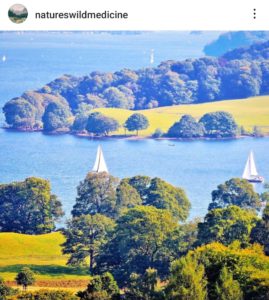
I’m sure you have all been making the most of the good weather and getting outside, hopefully in nature, but wherever you can really, to get the fresh air and goodness from being outdoors. I recently read about ‘Blue Mind Theory’ whilst scrolling through Instagram and wondered have you heard of it too? I follow a lovely account called Nature’s Wild Medicine (@natureswildmedicine) and one particular post grabbed my attention. It was this photo that initially caught my eye (see above) as with many of the posts on their page, but the caption was so interesting. According to the writer, the benefits of getting out near a body of water are huge, both for mental and physical health. This idea is based on Dr. Wallace Nicholas’s theory which suggests being on, around or in water can get you into a ‘Blue Mind’ state. This is described as being ‘mildly meditative, characterised by peacefulness, unity, and a sense of general happiness and satisfaction with life in the moment’. Have you ever noticed that you feel better in any way if you are walking along the beach, sat by a lake, or taking a dip in the pool? I know for certain that this is one of the safest bets for me if I’m needing to get my mood back up or if I’m feeling a bit ‘out of sorts’. I never really knew why, but now I do! This kind of stress relief and relaxation is literally on our doorstep here on the Isle of Wight, and, unless you swim in a public pool, accessing this is completely free! Let me know in the comments where your favourite blue water place is and what you most like to do there. Charlie happily shared that his favourite place to be is Croatia, 2 metres below the Mediterranean! He goes on to say:
“Quite specific, but I love the tranquillity of diving into the sea and having absolutely nothing to disturb you. Serene, calm, just you and the ocean, bloomin’ love it!”
Local Celebrations
I can strongly recommend making use of the Waterside Pool in Ryde. They have recently celebrated their 50th Anniversary and I was interested to read that it started out as an open-air lido with three separate pools. It made me think how lovely that would be on the long, hot, dry days of summer and took me back to memories of my childhood when we would go as a family to @hilsealido back when I lived on the mainland. It has been well-documented how hard it is for these facilities to stay open, and communities and councils have to work tirelessly to ensure that they survive (check out: https://www.bbc.co.uk/news/uk-england-hampshire-65056493.amp for more information about the challenges faced across the Solent in Portsmouth) Hilsea Lido is set to reopen in 2025 to mark their 90th anniversary. And what a celebration that will be!
I’m actually very happy indeed that our pool @rydewatersidepool now has a brick building and the novelty of an opening roof. It means we can enjoy the facility year-round with the best of both worlds – an open roof when the sun is shining and the weather is warm and the option to still swim in the cooler months regardless of the weather. Surely, that is a very wonderful thing for our Island-dwellers; how lucky we are! You can read more about the pool and the anniversary by clicking HERE.
There is further good news for fans of outdoor swimming, in the form of exciting plans for a sea pool at Sandown, including a science centre and facilities to carry out daily water testing; a fantastic idea, given the ongoing concerns around sea pollution. Click HERE to find out more details and, Island residents, be sure to join in the consultation by completing this survey http://swimthewight.org.uk/seapool (deadline is the end of September)
This brings me to the end of September’s edition. I hope you have enjoyed reading along. If you would like to find out your colour personality, click HERE for the free online test that we used.
If you have any comments about any of the topics covered please feel free to share. If you would like to find out more about Isorropia Foundation, either for yourself or someone you know who could benefit from our Wellbeing Programme, then give our Wellbeing Coaches a call on 01983 217791. We currently have no waiting list, so the help you need is literally a phone call away.
Enjoy this weather everyone, and make the most of the warmth and the sunshine while we still can (I know I will be!) Until next time,
Lucy xx

